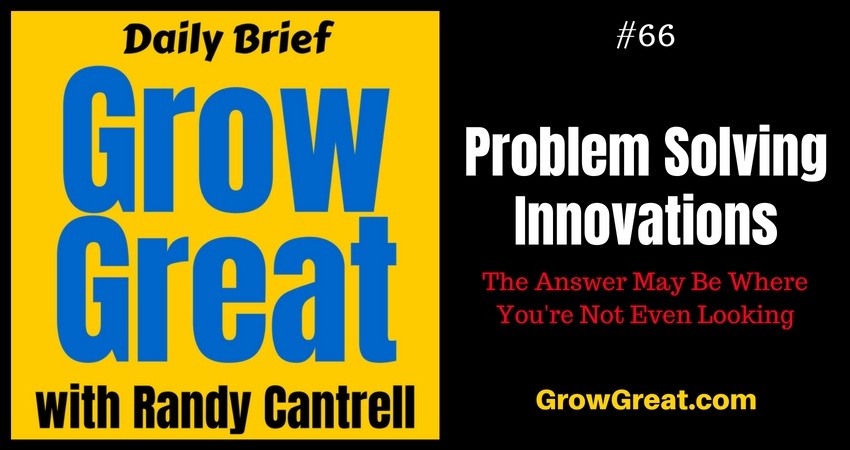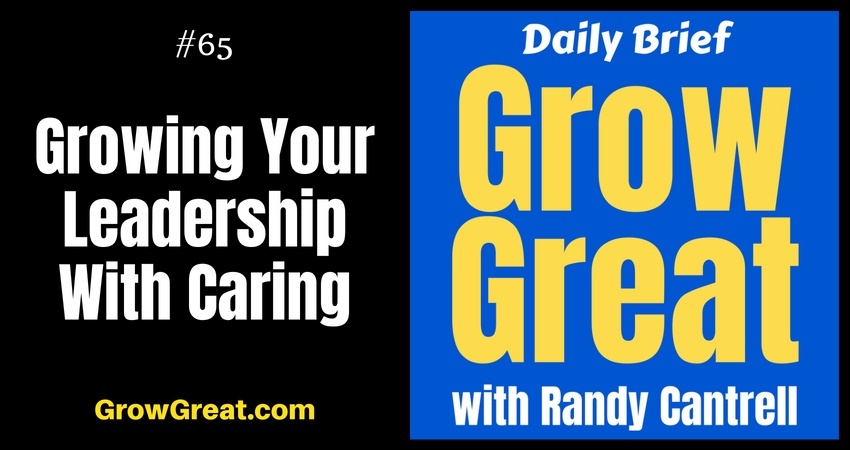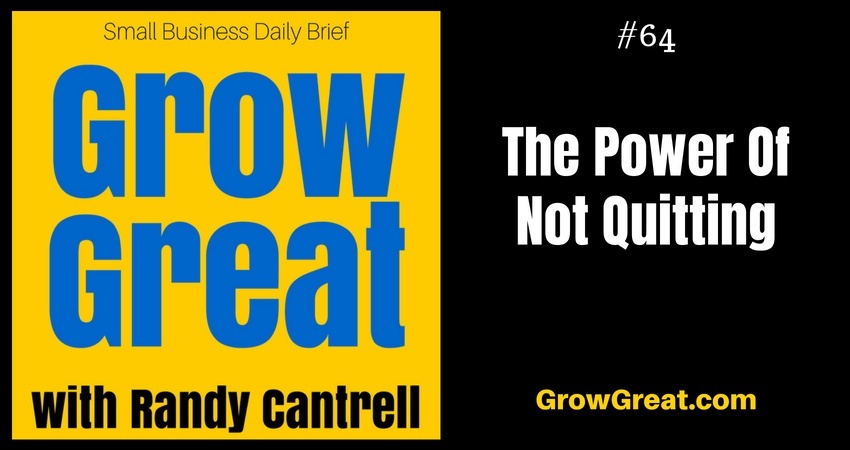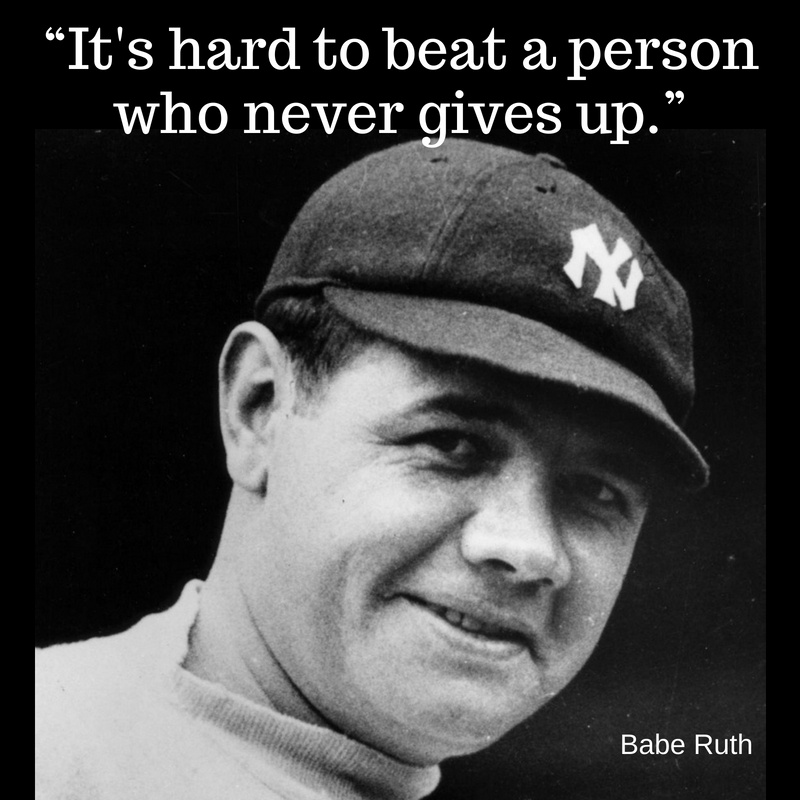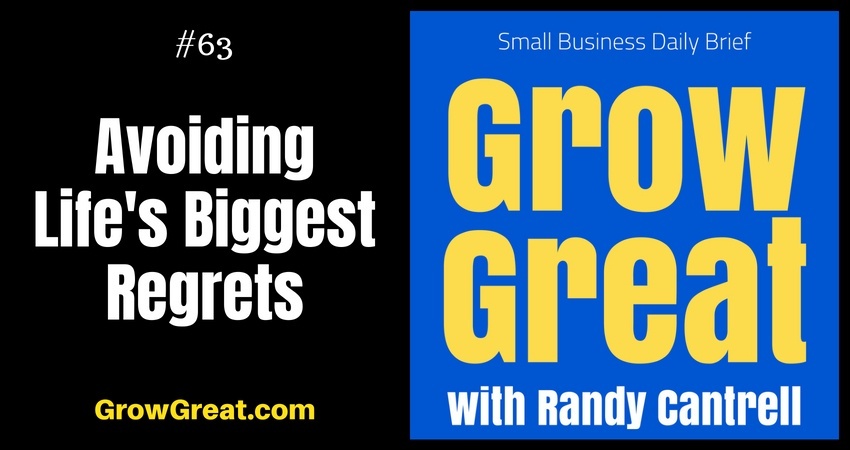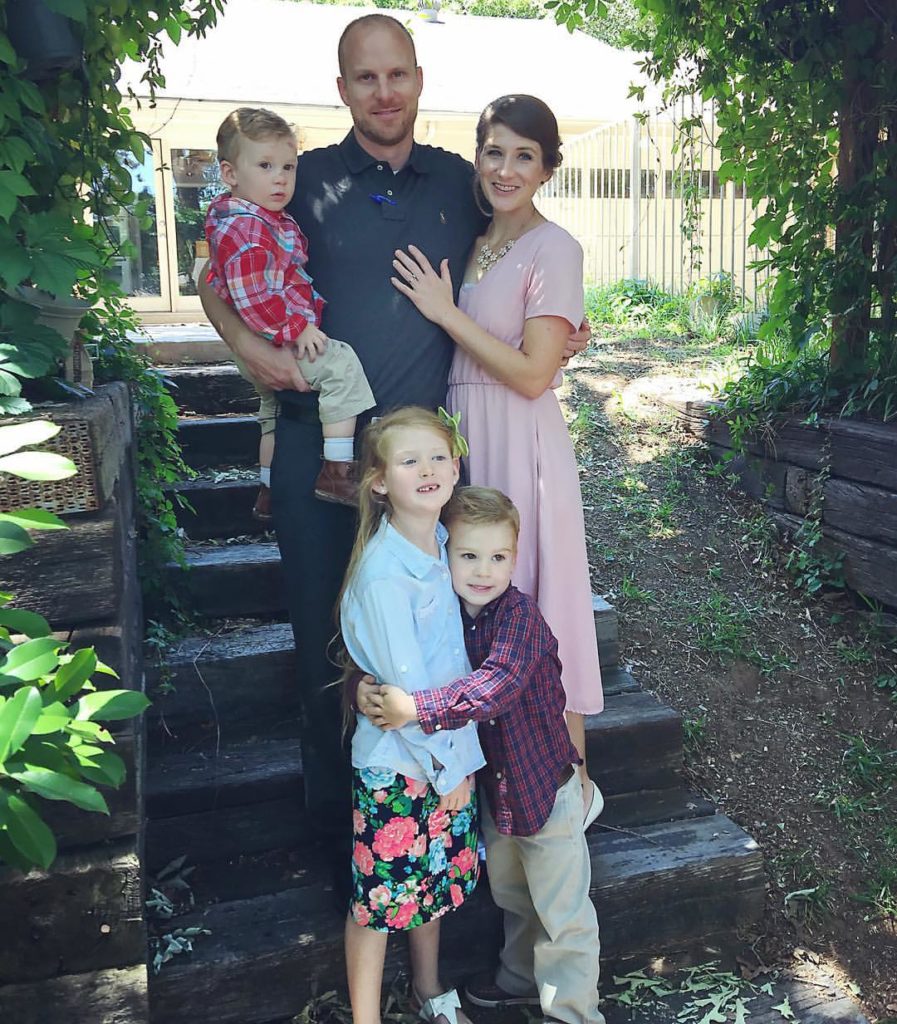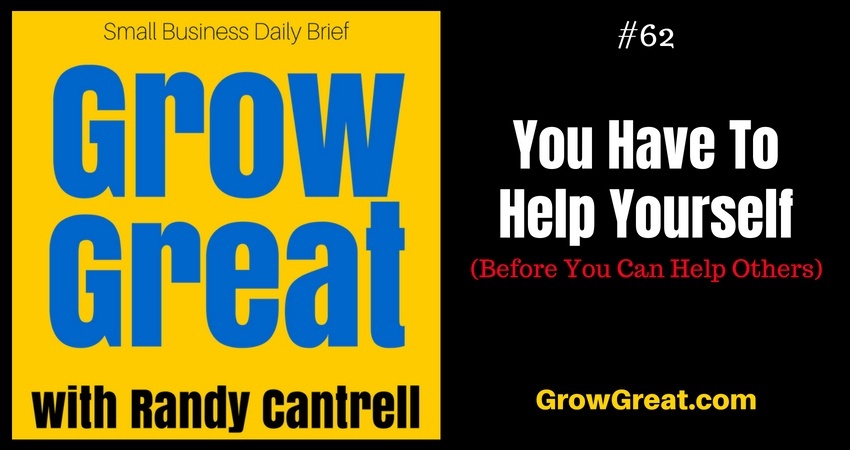Making All The Right Assumptions – Grow Great Daily Brief #67 – August 23, 2018
Podcast: Play in new window | Download (Duration: 12:23 — 12.5MB)
Subscribe: Apple Podcasts | Spotify | Email | RSS | More
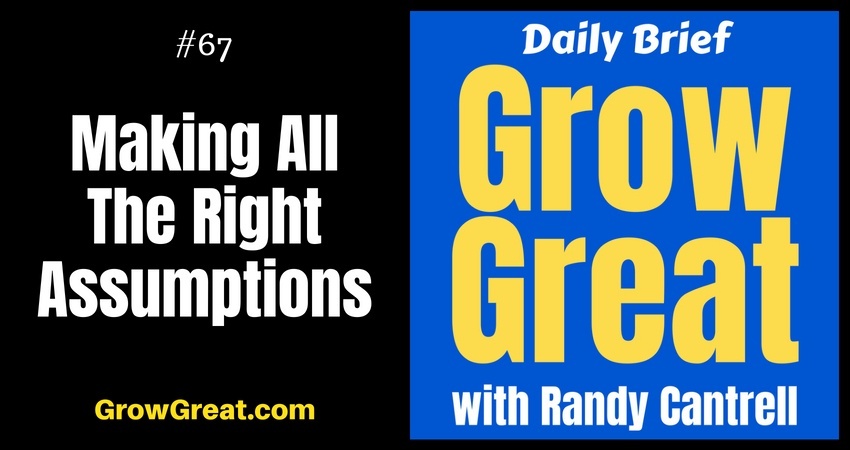
Okay, we can’t possibly make all the right assumptions, but we can improve making our assumptions serve us better. For today’s show we could use “expectations” and “assumptions” interchangeably.
I’d sum it up like this: be convinced you can instead of being convinced you can’t.
It’s another one of those dreaded formulas. You can’t grow great – or accomplishment anything truly valuable – without hard work. But, you can work hard and still not grow great or accomplish much of anything. So let’s start there. Don’t make the assumption that just because you’re busting your butt, you’ll grow great.
Your leadership, your business, your life — they won’t grow or improve simply because you’re putting in work. It matters what kind of work you’re doing.
Many years ago David Letterman was interviewing somebody who brought up the subject of boxers versus briefs. I remember the guest saying to Dave that those openings on the front of the briefs don’t work so well. To which Dave replied, “It depends on what kind of work you’re doing!” 😀
Exactly. You can work hard, put in long hours and grind away, but still fail to grow or improve yourself or your business. And it’s not that work smart, not hard crapola. You’ve got to do both. Effort can’t be misplaced if we’re going to grow great. And in order to properly direct that effort, we have to pull back and take a closer look at our assumptions.
We all operate from assumptions. It’s necessary. Else we’d be unable to function.
Just think about driving around town. We assume other drivers are going to obey the traffic signals. As we drive through an intersection with a green light, we’re assuming the cross traffic is going to obey that red light they’re staring at.
We assume when we get up in the morning that our light switch is going to result in the lights coming on. We assume when we flush the toilet or turn on the water faucet that the water is going to automatically work.
We assume we’ll get mail today unless it’s Sunday or a holiday.
We assume our car will start.
We kiss our spouse good morning, assuming we’ll see them again at the conclusion of the workday.
Some days, with somebody, one or more of those assumptions fail. Perhaps it’s happened to you. Things rock along just as they always have…until they don’t. But we can’t live our lives without making these and many other assumptions. It’s just the practical reality of our ability to go about our daily lives. Our assumptions enable us to live.
But they can also curse us if we take on negative assumptions and allow them to rule our lives. They’ll wreck our judgment and decisions, which in turn, will wreck our outcomes.
You want the best outcomes possible. You want great results. For your business. For your life. Then today focus a bit more on your assumptions because they determine your perspective, which will drive everything you do. And everything you do will impact what happens. It’s up to YOU.
This was all provoked by a conversation I had recently with somebody who was embarking on a new enterprise. As we rolled through something of a SWOT analysis (strengths, weaknesses, opportunities, threats) it was clear that he wasn’t terribly confident about the endeavor. Yet he was insistent how much he wanted to pursue it, how much he believed in it. His words and tone indicated some assumptions that didn’t appear to be serving him well. So I gently challenged him with a single question…
“What if all your assumptions pointed to a positive outcome?”
“What do you mean?” he asked. I clarified by asking him, “What if you assume that everything you try will work? What if you go into every act assuming it’s going to be successful?”
He pushed back. “But that’s not realistic.”
“And what’s the downside?” I wanted to know. Anybody who knows me understands it’s among my favorite questions because it gets past the clutter to the real point of it. Which almost always is “so what?”
He thought for a second or two. “I don’t know. It just feels delusional.”
It was an interesting response. Here’s a business person embarking on a new thing – a thing he claims to really believe in (and I trust he does). But he thinks to elevate his confidence in the effort (notice I didn’t emphasize the result because who knows what’s going to work or not) will feel “delusional.”
“So are you telling me your endeavor is delusional? And if it is, then why embark on it in the first place?” I asked.
No, of course not. He felt his idea had legs. He started citing how it wasn’t some new thing that nobody had ever done before. It was a fairly tried and true business model. It was just something he had not done before. And boy did it resonate with me. Because a few months ago I set about to begin efforts to form the first of what I hope will be two peer advisory groups for small business owners from around America. Virtual, online groups that meet using a video conferencing platform.
I told him I’d never done this before, but that I was confident I had the ideal skills and experience to do it. And to do it extraordinarily well.
Now he had a kindred spirit. He was trying to do something new. I’m trying to do something new. He’s assuming everything he’s going to try might (he really wanted to emphasize that word) fail. I’m assuming whatever I try will work.
“Is everything working?” he asked about my own endeavor, The Peer Advantage.
“No, of course not. Truth is, most things aren’t working if you want to use hard measurements like acquiring people. But I’m not pursuing transactions and neither are you. We’re pursuing longer-term relationships. So honestly, I can’t say with certainty that anything isn’t working.”
What about our assumptions? That’s the point.
Have you ever achieved any business or career success without a deep belief – an assumption – that it would be successful?
I don’t care what others think. Or how they feel. Or what “evidence” they try to use to persuade you that you’re an idiot. I care about what YOU think, feel and believe. It’s your assumptions that make the difference.
Jeff Bezos believed he could successfully sell books over the Internet. Along the way, he and his leadership team made some other assumptions. You know about the successes because they’re quite public. You don’t know about all the failures because they never saw the light of day, or they were quickly forgotten.
We don’t have to be business royalty to know that’s true of us, too. All of us.
What if this will work?
What if your actions today are based on your deeply held assumption that it’ll work? Is there a downside to that? I suppose only if you refuse to face compelling evidence to the contrary AFTER you’ve tried hard enough.
I’ve tried many things that failed on the first few (or few hundred) attempts. There’s a fine line between stupidity and dogged determination to find out if an idea will work or not. You get the make that call though because it’s your assumption that it’ll work. Until you decide otherwise, give it your best shot.
There are homeless people in every community of any size. In a place like Dallas/Ft. Worth we’ve got more than most. Drive into any major intersection with an overpass and you’ll likely encounter some poor soul begging for money, with a cardboard sign in hand. Now I’m not making any judgments about how they got there or what they might do with any money they get. But as I watch these people humble themselves in an effort to gain a few bucks from passing cars, I often think of the determination required to simply survive on the streets of a major metropolitan area like DFW. And I think of a seemingly hopeless situation where this person is hopeful, even optimistic and assuming that somebody – not everybody – but that somebody is going to give them something. And people do give them something.
We’re blessed. We’re not homeless. We’re business people trying to make great things happen. For ourselves. For our people. For our companies. For our families. For our communities.
Assume it will work and be successful until proven otherwise. Then try something else. And something else. And something else.
Don’t defeat yourself with a built-in excuse that it “might” not work. Empower yourself that it “will” work. And we both know there’s only one way to find out.
Try it.
Be well. Do good. Grow great!

Listen to the podcast
Making All The Right Assumptions – Grow Great Daily Brief #67 – August 23, 2018 Read More »


